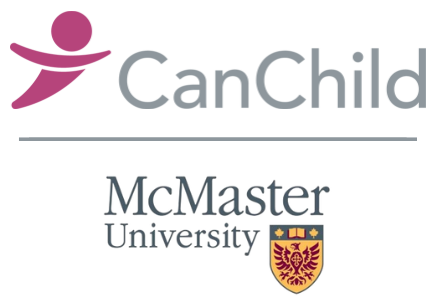There are currently no best practice guidelines in Canada for service planning and delivery that address the transition to adulthood for youth with disabilities. This “In Brief” highlights the recommendations from a research study which used an evidence-based approach to develop such guidelines for services and supports in Ontario.
Read Resources
17 resources found
Canadian child development organizations lead research in innovative supports for making practice changes based on evidence
Administrators in the study reported that knowledge brokering appears to be an efficient strategy for providing educational opportunities that enable integration of new ideas into everyday practice.
Read Resources
Early Identification: Are Toddlers with Speech/Language Impairments at Increased Risk for Developmental Coordination Disorder?
Some children with speech/language impairment show delays in their ability to communicate, which are not due to any sensory, intellectual or neurological disorder.
Read Resources
Developmental trajectories of youth with disabilities, ages 12 to 25 years
This project was initiated and funded by the Ministry for Child and Youth Services (MCYS) in Ontario. The results of our synthesis have been used for the ministry’s development of a Youth Policy Framework, named stepping stones.
Read Resources
Taking the Leap
An informational transition guide for teens with Cerebral Palsy (CP) in starting high-school.
Read Resources
Adolescents with cerebral palsy: Transition to high school
The literature helps in understanding the things that affect children with CP in moving from preschool to primary school and from school to post-secondary options.
Read Resources
CP-NET Meet the Expert: Transition
Dr. Elaine Biddiss and Dr. Anna McCormick answered questions about the CP-NET neurotechnology platform and a video game (Bootle Blast) that they developed to track the movement of children with cerebral palsy.
Read Resources
